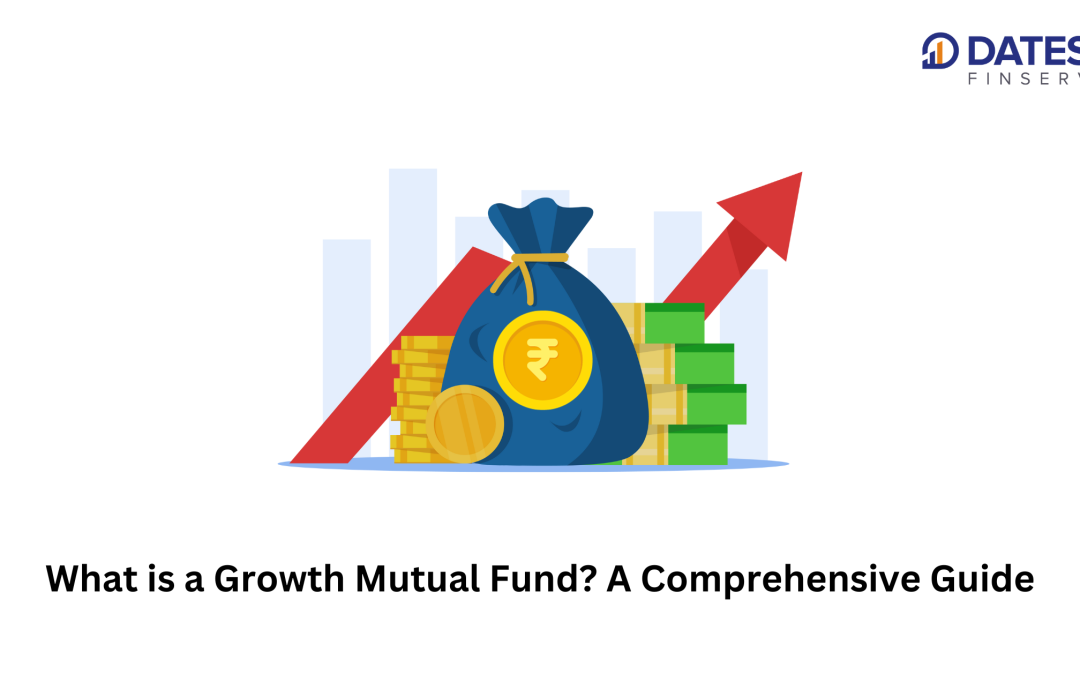Growth mutual funds are a type of equity fund that invests in companies with high growth potential. These funds typically invest in companies that are smaller and newer, and that are growing at a faster rate than the overall market. Growth mutual funds can be a good way for investors to generate high returns over the long term, but they are also more risky than other types of mutual funds.
How do growth mutual funds work?
Growth mutual fund managers look for companies that are expected to experience above-average earnings growth. They may invest in companies that are developing new products or services, expanding into new markets, or gaining market share from competitors. Growth mutual fund managers also tend to favor companies with strong balance sheets and management teams.
Types of growth mutual funds
There are a variety of different growth mutual funds available, each with its own unique investment strategy. Some growth mutual funds focus on investing in a particular industry, such as technology or healthcare. Others focus on investing in companies of a certain size, such as small-cap or mid-cap companies. And still others focus on investing in companies with a particular growth trajectory, such as emerging markets companies or high-growth companies.
Benefits of investing in growth mutual funds
There are a number of potential benefits to investing in growth mutual funds, including:
- High potential returns: Growth mutual funds have the potential to generate high returns over the long term. This is because they invest in companies that are growing at a faster rate than the overall market.
- Diversification: Growth mutual funds typically invest in a variety of different companies, which can help to reduce risk.
- Professional management: Growth mutual funds are managed by professional investment managers who have the expertise to identify and invest in companies with high growth potential.
Risks of investing in growth mutual funds
There are also a number of potential risks associated with investing in growth mutual funds, including:
- Volatility: Growth mutual funds can be more volatile than other types of mutual funds. This means that their value can fluctuate more widely in the short term.
- Higher fees: Growth mutual funds typically have higher fees than other types of mutual funds. This is because they require more active management.
- Risk of loss: Growth mutual funds are not guaranteed to generate positive returns. In fact, there is always the risk of losing money when investing in growth mutual funds.
Who should invest in growth mutual funds?
Growth mutual funds are best suited for investors with a long-term investment horizon and a high-risk tolerance. Growth mutual funds can be a good way for investors to generate high returns over the long term, but they are also more risky than other types of mutual funds. Investors should carefully consider their investment goals and risk tolerance before investing in growth mutual funds.
How to invest in growth mutual funds
There are a few different ways to invest in growth mutual funds. You can invest directly through a mutual fund company, or you can invest through a broker. If you are investing through a broker, you will need to open a brokerage account.
Once you have opened an account, you can start researching growth mutual funds. There are a number of different factors to consider when choosing a growth mutual fund, such as the fund’s investment strategy, fees, and past performance.
Once you have chosen a growth mutual fund, you can start investing. You can invest a lump sum or you can invest on a regular basis through automatic investment.
Conclusion
Growth mutual funds can be a good way for investors to generate high returns over the long term. However, they are also more risky than other types of mutual funds. Investors should carefully consider their investment goals and risk tolerance before investing in growth mutual funds.
Direct vs. Regular Mutual Fund: Which Is Better for Your Investments?

